Why did you Want to Become a Teacher?
- “I wanted to become a special education teacher because my baby cousin is currently in an EC class and I help her with goals and learning. I also want to be able to help a child succeed to their full potential and be great because the disability shouldn’t define them.”
- “I want to become a teacher because of the teachers who helped me become successful. I come from a family of teachers and the passion for shaping lives has been passed to me.”
- “I’m a slight perfectionist and I believe in working hard for what you want in life.”
- “I have a desire to help children grow and develop into well round people. To be a guide or shepherd of others is what drives me to go into teaching and realistically impact the lives of youth.”
These are powerful statements. Many of us know someone who had a positive impact on our success, most often another teacher. We see them as role models and want to become that for someone else; in a sense, pay it forward.
But how do these sentiments get lost when real life starts to happen? They lose their power in motivating us to stay in the game and fulfill our desire. We end up giving up on our mission, leaving the kids’ futures behind.
So where do we go from here?
We recruit top notch teachers but we lose those same teachers only a few short years later. This problem is preventable if we seek to understand how their motivation changed from saving the world to solely saving themselves.
- Problem- Many teachers picture teaching very differently than the reality they experience.
- Solution- Get teachers into the classroom earlier in their academic journey so they have more experience in class with students but also behind the scenes experience with just the teacher. This will ensure future teachers adjust their expectations or realize this profession is not for them and exit without time lost or students affected.
- Problem- The administrative tasks take away from lesson planning prep time, resulting in poor teacher and student performance.
- Solution- A teacher assistant can help lighten this load. However, budget cuts often reduce the amount of teacher assistants who generally help with the off stage administrative duties. Therefore, principals need to prioritize what tasks teachers need to complete while still being able to have time to plan and deliver rigorous lessons.
- Problem- Parents can get personal and hurtful in their interactions with the teacher.
- Solution- Parents hold great insight into the child’s habits and growth since birth. They should be an ally. Things get heated because their child is a personal matter to them. Respect an emotional response as one that defines their love for their child and their desire to make things right. My father in a law, a retired principal, always says “an angry parent is a caring parent.” He’s right. Understand their words might hurt, but their intent is to help their child. Take a step back and check your emotions. Respond with facts and a solution. They will lower their defenses and work as a team when they know you are not judging them, rather here to help.
- Problem- There is a lack of support or explanation for how to improve from administration.
- Solution- Principals and teacher leaders need to be explicit in their expectations, providing ample opportunities for teachers to demonstrate their capabilities. Showcasing desired outcomes and behaviors ensures all staff is aware of not only what to achieve, but how to achieve it. 1:1 support is a must, especially for newer teachers or teachers in their renewal year. We expect our students to be learners; we have to be learners too. We all need help and we have to be willing to give it.
There are other numerous reasons why teachers exit the profession frustrated and giving up on their mission they set before entering this career. Its important we find out exactly what those reasons are so we can problem solve and learn from our mistakes. The kids need these teachers, and so do we as a profession of life-long learners.
What are some reasons teachers have left your school? How could this have been avoided?



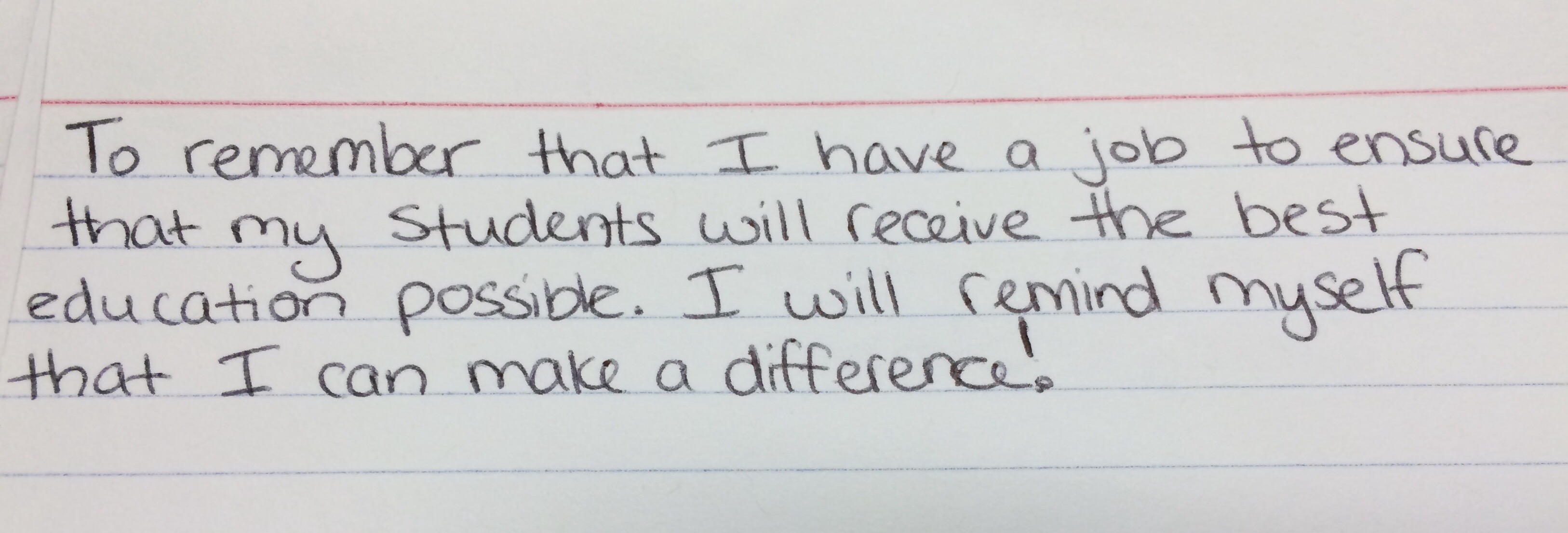
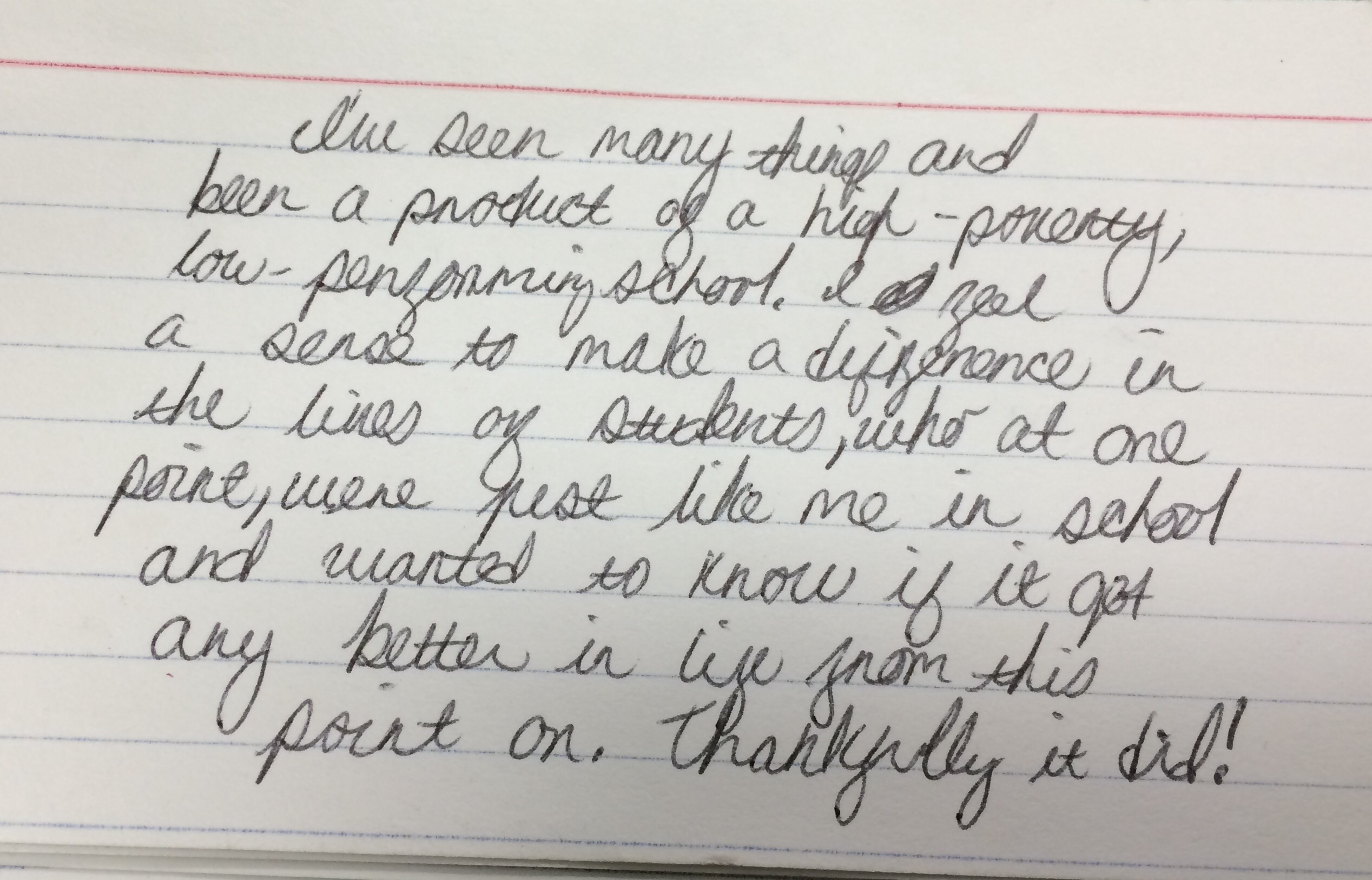
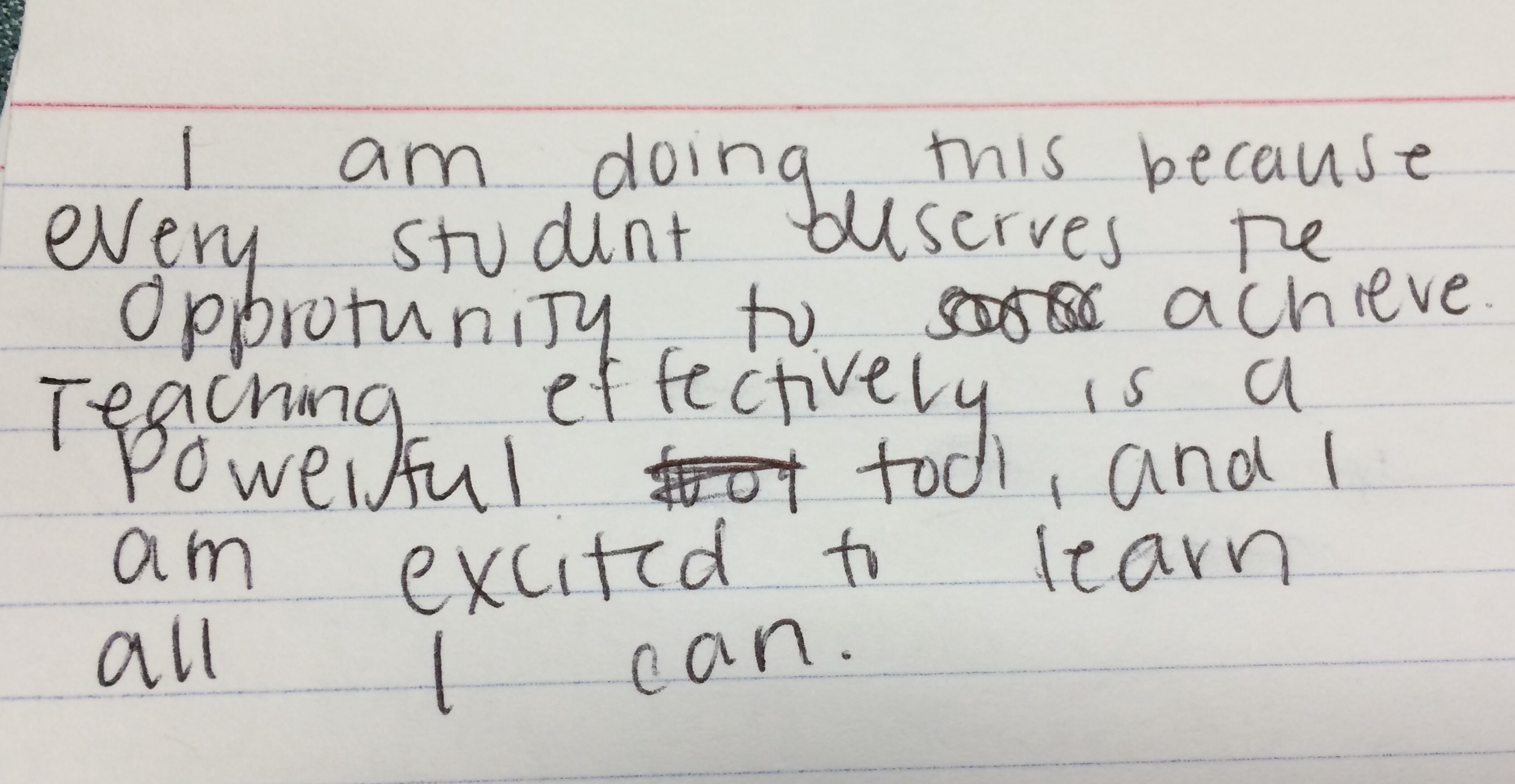
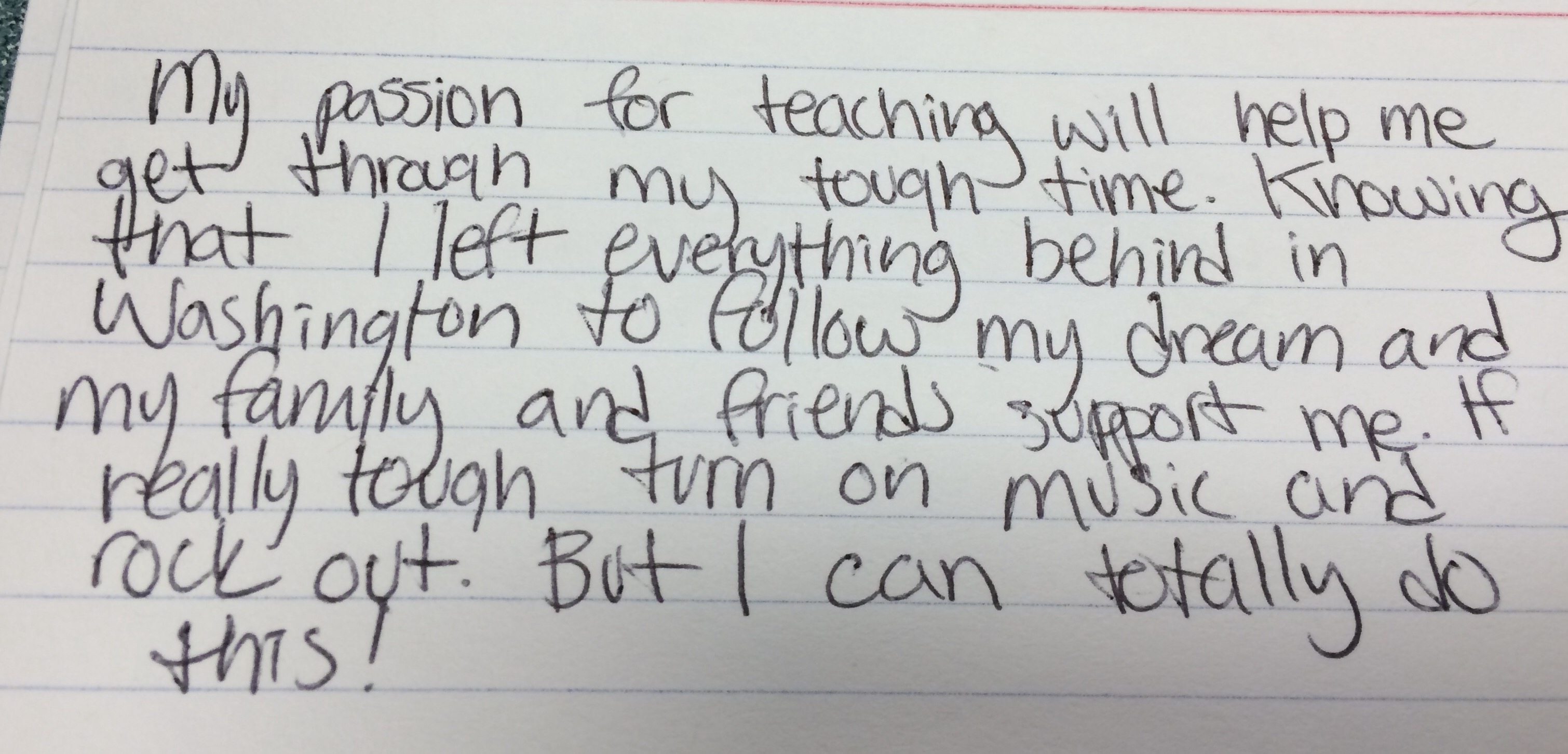


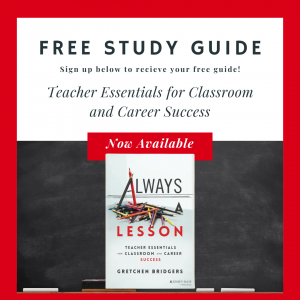 Get Edu-Tips, Freebies and grab your FREE Study Guide for Gretchen’s New Book!
Get Edu-Tips, Freebies and grab your FREE Study Guide for Gretchen’s New Book!